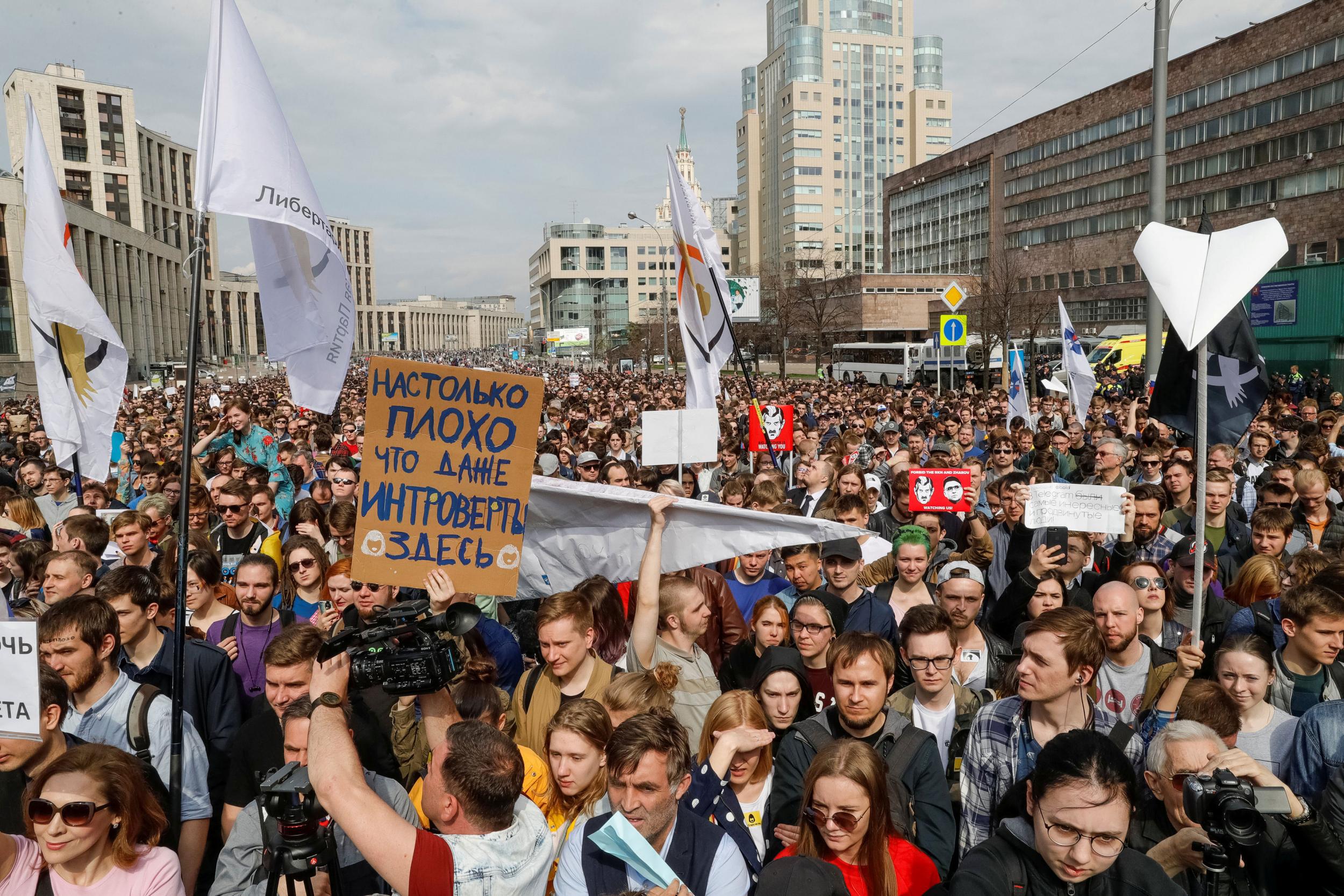Telegram: Russia lifts ban on private messaging app after it 'agrees to help with extremism investigations'

Russia is lifting a ban on the Telegram private messenger app, its government has said.
The app has been officially blocked in Russia's since April 2018 when the tech company refused to provide security services with backdoor encryption keys.
In reality, Russian authorities struggled to enforce the ban, with Telegram moving to hide traffic behind mobile IP addresses. In often clumsy attempts to block access, regulators ended up switching off large chunks of the internet, including banks and even Gmail.
Earlier this week, it was reported a number of government agencies had asked Roskomnadzor, Russia's media and internet regulator, to lift the formal ban on the messenger to allow them to use it legally.
On its part, Roskomnadzor said the U-turn was made possible by Telegram's "willingness" to help their efforts to counter terrorism and extremism.
In early June, Pavel Durov, Telegram's founder said that his team had developed ways to "catch and delete extremist and terrorist content".
The dispute between Russia and Telegram revolved around the app's commitment to end-to-end encryption, which keeps messages safe as they are passed over the service. Such technology means that it is not possible for companies to read messages in transit, and that only the sender and recipient are able to access them.
Russia argued that this should not be possible, and that Telegram should store the keys to unlock and read those messages within Russia. That would allow them to read any messages they wanted to, which authorities argued was necessary to stop terrorism and other problem content.
Roskomnadzor did not indicate how the two organisations had been able to overcome that issue. It did not say whether it now had access to those messages, or what changes had happened to the platform.
Telegram and Mr Durov – who regularly uses the platform to communicate with its users – are yet to publicly comment on the decision.
Join our commenting forum
Join thought-provoking conversations, follow other Independent readers and see their replies
Comments
Bookmark popover
Removed from bookmarks